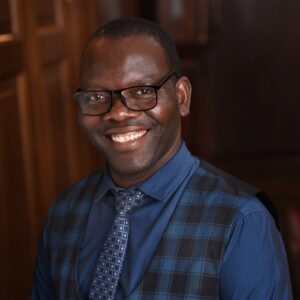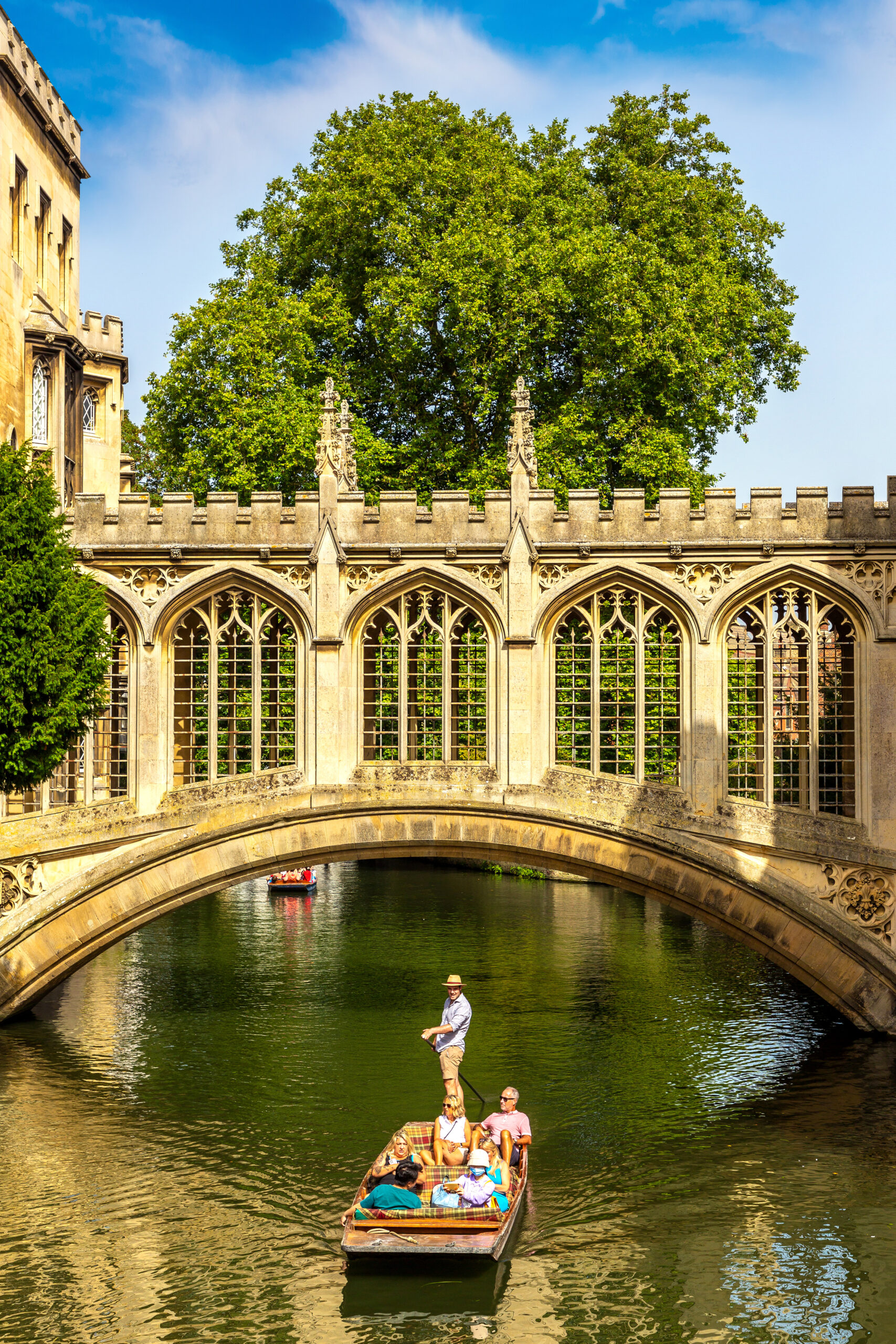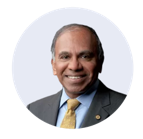The Fellowship includes a five‑month intensive study programme and a lasting network. Fellows start in regional groups, connecting with local leaders, before graduating into the global alumni community.
The programme helps Fellows build an EdTech leadership toolkit, from mapping the diversity of students and educators, to supporting development of prototype solutions.

We’re having a broad and holistic view of the challenge and thinking deep about what kind of leadership, what kind of personality, what kind of skills we need to bring together to solve this problem — which is a must.
The course content draws on perspectives and examples from around the world and is tailored to meet the specific needs of participants.
The Fellowship follows a three-strand curriculum, which covers:
The intensive study programme explores a variety of topics through a mix of learning formats, including:
Live online learning to reflect on current practices, case studies, small group collaboration, roundtable discussions, and hear from expert guest speakers.
Working on a long-term project that will support country specific EdTech challenges, with the opportunity to get feedback on plans and support with key barriers.
A short series of personalised coaching sessions with industry experts, including one-to-one meetings, to enhance leadership confidence and skills in the context of particular challenges.
Engaging in discussions with other Fellows to understand shared challenges and exchange reflections and questions.

During the programme, Fellows meet in the UK for a five-day residential academy. The Fellows investigate an EdTech challenge that they want to address with a prototype solution. The academy takes place in Cambridge, so that the rich experiences of university life, including dinner at a historic college, can be enjoyed.
Join our mailing list to receive updates on applications opening.
Sign up hereWatch an example of a fireside chat included as part of the programme. In this conversation, Professor Subra Suresh shared his thinking on the future of humanity and technology with the Fellows.

Prof. Suresh is a former HP Board member, has been a past President of Carnegie Mellon University (CMU) and the fourth President of Singapore's Nanyang Technological University (NTU). He was awarded the National Medal of Science, the highest honour accorded to a US scientist, by President Biden, and is also a recipient of the Padma Shri award, India's fourth-highest civilian honour, bestowed by the President of India.
